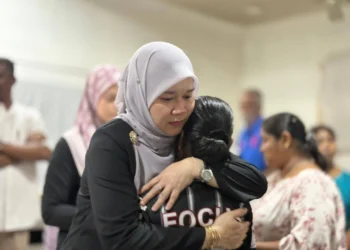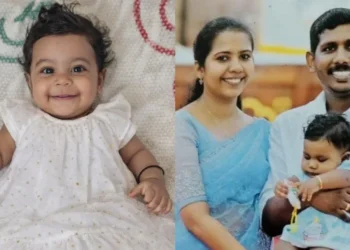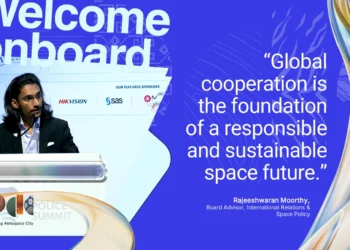The Health Ministry’s policies regarding medical graduates and staff retention are being reassessed by industry groups and doctors since a decline in housemen since 2019 has put the quality of care at public hospitals in risk.
The Ministry of Human Resources division reports that there are 6,134 housemen in total in 2019, but that number dropped steadily to just 3,271 the previous year.
According to Dr. Muhammad Yassin, a spokeswoman for Hartal Doktor Kontrak (HDK), this is because younger people are more interested in non-medical fields of study.He continued, saying, “The younger generation is increasingly showing interest in pursuing different fields of study or careers. The current generation is more likely to choose a profession in a non-science field and is more attracted toward that.”
As a result, Malaysia has a relatively small number of undergraduate medical schools and recent medical graduates. According to an article in The Star, he stated, “In Malaysia, this is further exacerbated by the contract system issues that have been plaguing the country since 2016.”
Likewise, there has been a notable decline in the provisional registration of medical graduates with the Malaysian Medical Council (MMC). The number of medical graduates with provisional registration fell to 6,147 in 2017 and to just 3,131 in 2022, about half of the total.In addition to graduates from foreign medical institutions, these numbers also include graduates from nearby private and public colleges.
“Hartal foresaw this issue since 2021, but people in power refused to listen and take affirmative action. He said, “Medical graduates would rather work abroad than for the Health Ministry (MoH).Dr. Azizan Abdul Aziz, president of the Malaysian Medical Association (MMA), stated that a large number of medical graduates had graduated from medical schools during the late 1990s and early 2000s.
The law that was put in place in 2011 was intended to limit the number of medical students, as seen by the decrease in medical students from 2018 to 2019 and the fact that many of them are not going back to Malaysia.”In order to improve healthcare workforce planning, we implore the MoH to be transparent in disclosing its data on the number of healthcare workers by category. The public should have access to this data on a dashboard. She was cited as adding, “At the moment, nobody knows what the numbers are outside of the government.”
Former Health Minister Datuk Seri Dzulkefly Ahmad claimed that from 7,000 to 3,000 graduates in health fields are produced annually.He then called for a review of the use of graduate medical officers and gave federal and state officials in his ministry instructions to look into the accusations of excessive workloads at public hospitals.Independent healthcare advocate Dr. Sean Thum argued for competitiveness in luring and keeping talent in the public health sector and demanded a thorough rethink of the current framework.
In order to solve the systemic issues, he emphasized the need for more pay, benefits, and chances for professional growth.Evoking similar feelings, retired Health Ministry official Datuk Dr. Zainal Ariffin Omar called for the creation of a Health Service Commission to tackle the urgent issues facing the healthcare system and urged haste in resolving the healthcare workforce crisis.
Follow us on Instagram, Facebook or Telegram for more updates and breaking news.








